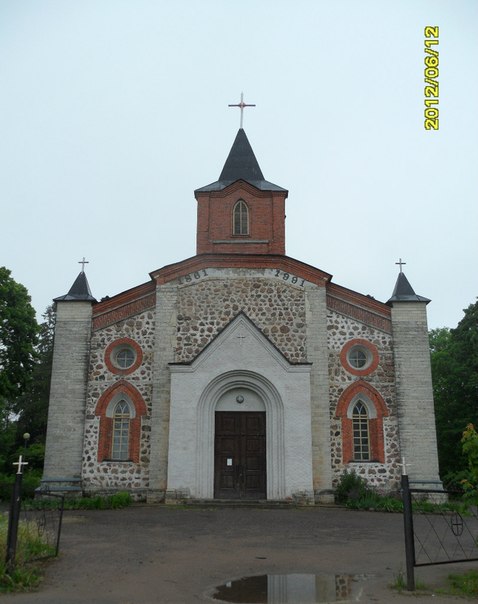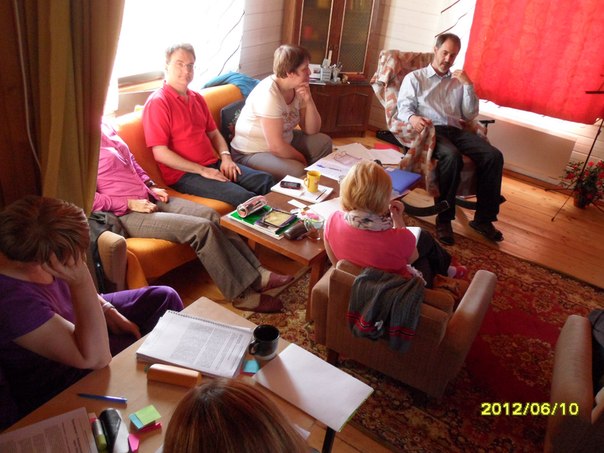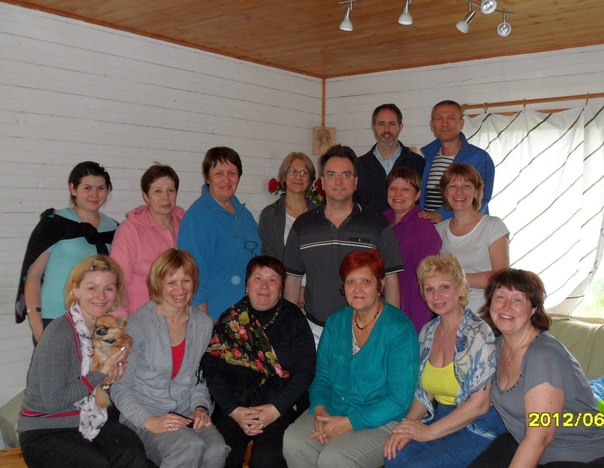You've GOT to go! was all my wife had to say to the news that my brothers wanted to organize a surprise 80th birthday party for my daddy. In my typical fashion I started analyzing the options, the costs, the benefits and what I could dovetail on such a huge trip. I'd never left my family for so long (two weeks), and never gone so far away. Thank the Lord for journaling, where I can get straight to the heart of matters and hear what the Spirit is saying directly - bypassing all my "stuff." Here is what I recorded on Feb. 5th:
Your father is one of your biggest cheerleaders. He loves you deeply. He is proud of you. He gave you your foundation. Do you want to show him your thanks for all he has done for you? He was always ready to show you off, to promote you, to advance your cause, to get behind you. To be a dad who stood with his boy. I bless him for that, and you can bless him too. He was a bright light in the community, and many are grateful for the love and encouragement he gave them. He was a pillar in the community, for he was a man of integrity, of courage, and even of affection for those he led. He loved his students, and he gave himself for their success. He is a man who used what I gave him, and he advanced that, multiplied it, carried forward and outward, and many now love music solely because of him. You see the negative sides so easily, but you can learn to see the gift he was to the community. This is your chance to connect with that gift, and to connect with those who want to bless him, to those who want to also know the blessing he gave in fathering you and your brothers. You boys have much to be proud of, for you have been given many blessings. They are your gifts, and you can see better how to steward that legacy by being there.

What could I say to that? And it was everything described above and more. The highlight was a concert organized at the city auditorium where he was brought on the pretext of it being an awards ceremony for his brother-in-law. Three bands played, and of course I joined in with my brothers and old friends from all the years. Daddy was the local band director from 1959-82, an incredible legacy. When my brother Casey brought him on stage and handed the baton over on the last piece, I lost it completely. It was an incredible blessing to see so many people honoring him.
It was hard not to be able to share it with my family, but they joined by skype, barely being able to stay awake (it was 1am by then) to see the moment when I appeared out of the audience to greet him.
Some historical pics of him are here.
Your father is one of your biggest cheerleaders. He loves you deeply. He is proud of you. He gave you your foundation. Do you want to show him your thanks for all he has done for you? He was always ready to show you off, to promote you, to advance your cause, to get behind you. To be a dad who stood with his boy. I bless him for that, and you can bless him too. He was a bright light in the community, and many are grateful for the love and encouragement he gave them. He was a pillar in the community, for he was a man of integrity, of courage, and even of affection for those he led. He loved his students, and he gave himself for their success. He is a man who used what I gave him, and he advanced that, multiplied it, carried forward and outward, and many now love music solely because of him. You see the negative sides so easily, but you can learn to see the gift he was to the community. This is your chance to connect with that gift, and to connect with those who want to bless him, to those who want to also know the blessing he gave in fathering you and your brothers. You boys have much to be proud of, for you have been given many blessings. They are your gifts, and you can see better how to steward that legacy by being there.

What could I say to that? And it was everything described above and more. The highlight was a concert organized at the city auditorium where he was brought on the pretext of it being an awards ceremony for his brother-in-law. Three bands played, and of course I joined in with my brothers and old friends from all the years. Daddy was the local band director from 1959-82, an incredible legacy. When my brother Casey brought him on stage and handed the baton over on the last piece, I lost it completely. It was an incredible blessing to see so many people honoring him.
It was hard not to be able to share it with my family, but they joined by skype, barely being able to stay awake (it was 1am by then) to see the moment when I appeared out of the audience to greet him.
Some historical pics of him are here.





